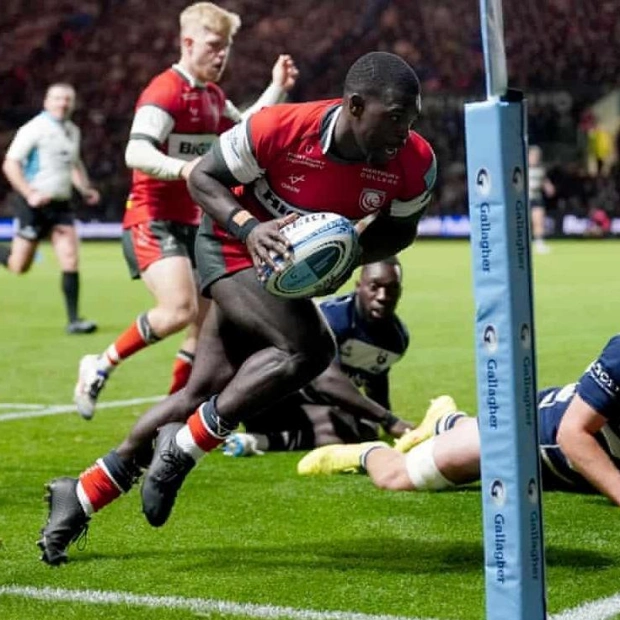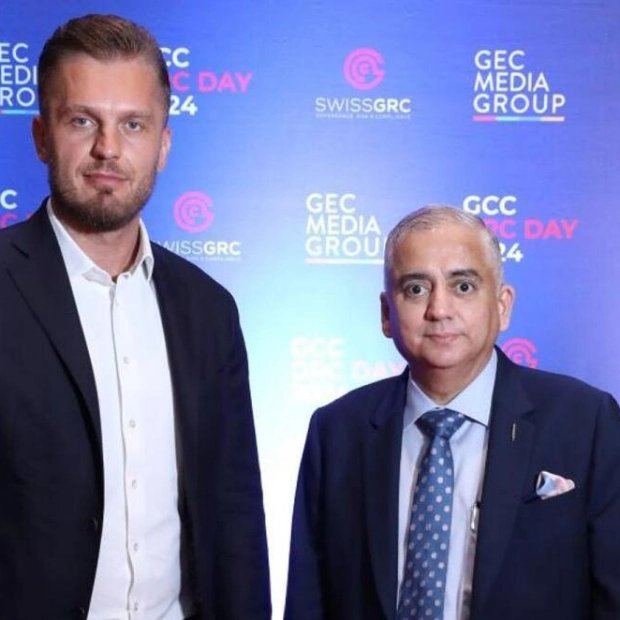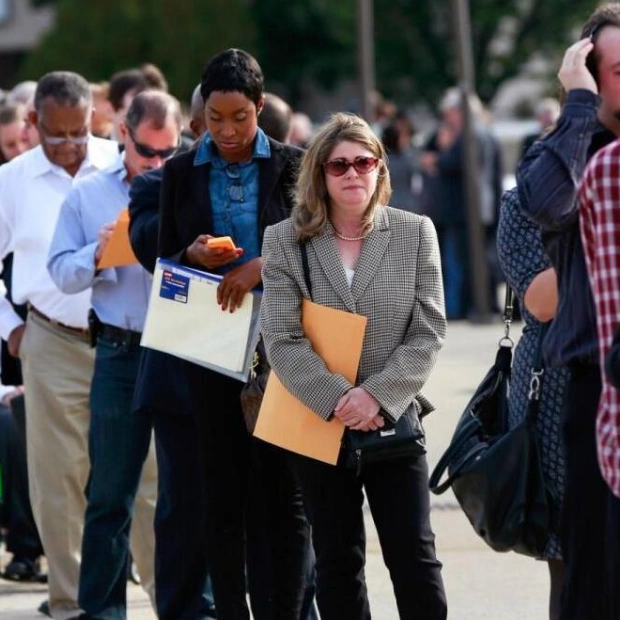‘It’s a good question,” Emma Finucane muses as she reflects on the pivotal lessons she’s gleaned about herself following a year that was unlike any other for the 21-year-old sprint cyclist. Finucane’s remarkable year saw her clinch three Olympic medals, including a gold, and two world championship titles, all while harboring a secret she couldn’t even share with her family for months.
Finucane’s candid self-assessment and introspective nature are uncommon traits for such a young athlete, whose career is still in its nascent stages but has the potential to surpass the achievements of British Olympic track legends like Jason and Laura Kenny and Chris Hoy. Her openness and intellect become evident as she recounts the physical and mental challenges she faced during the Paris Olympics, before discussing her relationship with Matthew Richardson, who won three sprint medals for Australia at the Games and later made the decision to switch countries and join GB Cycling.
Finucane starts by highlighting the lessons from Paris: “I discovered that I can push my body far beyond what I thought were my limits due to my headstrong nature. That’s something I aim to carry forward.” The term “headstrong” stands out, often associated with youthful stubbornness. However, Finucane elaborates on how she developed mental resilience while confronting vulnerabilities that surfaced when she first became a world champion in the individual sprint in Glasgow last year. These emotions intensified in Paris.
When the individual sprint, a demanding psychological challenge akin to a tactical cat-and-mouse game before a full-out sprint, is mentioned, the double world champion admits: “I detest it. I struggle immensely with it, and last year, during my first world championship final in front of a home crowd, I felt sick. I couldn’t control myself, and I need to address this because, in sprinting, you have 30 seconds to make a decision. You need to be fully focused, or it’s not worth racing.”
Sitting in the Manchester Velodrome, she reiterates: “The physical aspect is the easier part. I believe it’s 80% mental because, physically, you can be at your peak and still crumble mentally. So, I’ve learned to embrace that side and utilize it, understanding how my mind operates.”
Last year, before the world’s individual final, she went to the restroom and cried, needing to release her emotions. “Racing on emotion is the worst because it leads to irrational decisions and mistakes. That’s when [crying before races] began, and I realized: ‘I need to sort this out.’” After that, she improved, but the Olympics brought new challenges. In Paris, she cried a lot before each race, her way of releasing emotions, but it was constant due to her multiple events. She was physically exhausted.
She smiles when discussing the mental exhaustion of crying. “Massively. I wouldn’t say I need to ignore it, but I need to learn from it. By the next Olympics in LA [in 2028], I don’t want to be the same person. I want to understand why I felt that way, why I needed to release those emotions, and who helped me feel better. It’s emotionally exhausting to race for seven days, and as I look at Olympic champions who win multiple medals, this needs to be addressed.”
Has she consulted a psychologist? “Yes. A psychologist helps you understand yourself, but I also have my coaches and teammates, like Katy Marchant, who has done three Olympics. Katy’s been a huge influence in helping me control my nerves.”
Finucane, Marchant, and Sophie Capewell won the first track cycling gold at the Paris Olympics in the team sprint. Great Britain had never won an Olympic medal in the women’s team sprint before, and Finucane emphasizes their motivation to prove their discipline’s strength. “When I joined the program [in 2021], I was 18. Once integrated into the team, the goal shifted from qualifying for the Olympics to winning medals and the Olympics. We felt immense pride in achieving that, as we had worked so hard. We were no longer the weakest link. We won the only GB [track cycling] gold, which was incredible.”
They raced three times and broke the world record each time. “We knew exactly what to do,” Finucane says. “We barely spoke to each other because we didn’t need to discuss gears or plans. I love the team sprint and it set me up well for the individual events.”
Laura Kenny, the most successful British woman Olympian with six medals, five of them gold, had predicted great things for Finucane in her Guardian column. “To hear Laura speak about me like that gave me such confidence,” Finucane says. “It was like: ‘Wow, she really believes in me.’ It’s daunting to hear that, but I flipped it and thought that success was just becoming an Olympian. So what happened was incredible.”
Finucane won bronze in the keirin and the individual sprint, and her joy was both justified and wise. She didn’t dwell on missing two golds, saying: “I learned so much and am really content and proud of what I achieved. It’s so hard to win one Olympic gold, and then to back it up with two bronze medals meant the world.”
She recalls being very young in Paris, saying she would sleep with the gold medal under her pillow after the team sprint. “I did that for seven nights,” she says with a smile. “I added a bronze, and then another, under the pillow.”
Finucane’s achievements are even more remarkable considering she and Richardson had to keep secret the Australian’s plans to move to Britain after the Olympics. “No one knew because if any leak came out, he could not ride the Olympics. I just wanted to help him, and it was easy to keep the secret as it never came up in conversation with others. I kept it to myself and we focused on the Olympics.”
Finucane and Richardson have been a couple “since February but I’ve known him for a long time.” Richardson was born in Maidstone and lived in Britain for the first nine years of his life until his parents immigrated to Australia. He has since spoken passionately about his “dream” to return to Britain and ride for the country of his birth.
They now live together in Manchester, and Finucane says: “Matty’s been a breath of fresh air. He loves the sport and it’s refreshing to train together as he helps me on the track. He’s so motivated and encouraging, and it’s been really nice to have my partner here.”
Apart from facing abuse on social media and being banned from riding for Australia again, Richardson has had to adjust to life in Britain. “It’s definitely been a big change for him because he hasn’t lived here a long time,” Finucane says. “The traffic and weather have been a bit of a shock, but having a heated velodrome and being closer to me has really helped him. He’s also closer to his family in Maidstone and can see them more often. He’s settled in really well and training with me has been incredible. His work ethic is unreal.”
Finucane says they easily switch off from cycling once they get home after training. “We love Formula One and enjoy cooking together. Having that balance is really key when you’re with someone who does the same thing as you.”
They are competing in the UCI Champions League, and at the opening event in France two weeks ago, Finucane won the sprint and finished second in the keirin. Richardson was even more impressive in his first rides as a GB cyclist, winning both his events.
“I knew how hard it was to go out there, seeing the GB flags for the first time and having so much pressure,” Finucane says. “He was nervous because he’s had quite a lot of hate, but he raced his heart out and was right to celebrate.”
This past weekend, in Apeldoorn in the Netherlands, Finucane and Richardson lost their respective Champions League leader jerseys to Alina Lysenko and Harrie Lavreysen, the brilliant Dutch sprinter who won three golds in Paris. But they have further opportunities in London, at the Olympic velodrome on Friday and Saturday night, as the Champions League concludes. “The atmosphere in London is insane,” Finucane says with a grin. “I love it.”
It has been a long and draining year, and Finucane admits: “I had an emotional dip after the Olympics. I had two weeks off and when [Marchant and Capewell] said, ‘Let’s go for worlds,’ I was like: ‘I don’t want to race.’ I’ve never felt like that in my career, but I got back into training and it was weird and hard. It took a couple of weeks before I was ready.”
Finucane won world championship gold in the team and individual sprint and “since then I haven’t really stopped. After Champions League, I’m having two months off and we’re going to Australia.”
Her life has changed this year, and “there are a lot more opportunities now, and I’ve taken a few,” she says. “I did a Hello magazine shoot, which was really out of my comfort zone, very not me. But I’m still me. I’m still clumsy and trying to work things out.”
Finucane will limit such celebrity work as she is far more serious in following the example set by her teammate Katie Archibald, who has faced terrible loss and catastrophic injuries to remain the best endurance track rider in the world. “I’ve learned so much from her,” Finucane says of the 30-year-old. “She takes ownership of her career and that’s something I want to one day do. I’m still quite young, but she is basically the CEO of her own career and she uses the expertise of people around her. That’s where I want to be as my long-term goal is definitely to do even better at the LA Olympics in 2028.”
Source link: https://www.theguardian.com






